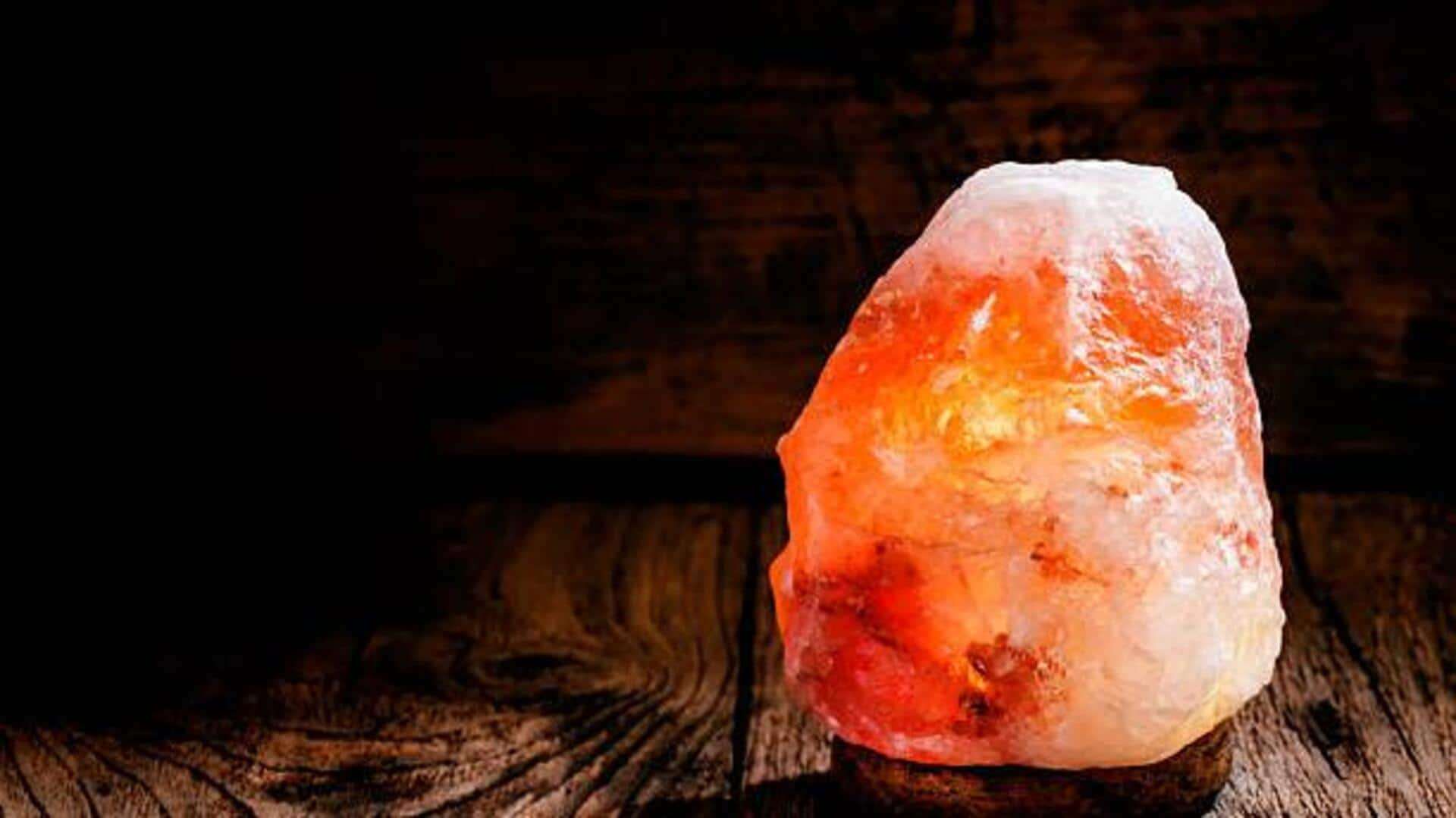
Salt lamps and air purification: Myth v/s facts
What's the story
Salt lamps are often marketed as natural air purifiers, claiming to improve air quality by releasing negative ions. The claims have grown popular, convincing many of their effectiveness. However, the truth is that there is no scientific evidence supporting the claims. While salt lamps may provide aesthetic appeal and a calming ambiance, their ability to purify air remains unproven by scientific standards.
Negative ions
The science behind negative ions
Negative ions are molecules that have gained an extra electron. They are naturally found in environments like waterfalls, forests, etc. Proponents of salt lamps suggest that these devices release negative ions into the air. These ions can bind with pollutants and allergens, thus purifying the air. However, studies indicate that the amount of negative ions released by salt lamps is negligible. This amount is small compared to natural sources.
Air quality
Limited impact on air quality
Research shows that for any noticeable improvement in indoor air quality through ionization, a significant concentration of negative ions is required. Salt lamps do not produce enough negative ions to make a measurable difference in reducing airborne particles or allergens indoors. Hence, relying on them for air purification might not yield the desired results.
Alternatives
Alternative methods for cleaner air
For effective indoor air purification, consider using high-efficiency particulate air (HEPA) filters or electronic air cleaners. These are designed to trap small particles and pollutants more effectively than salt lamps can purport to do. Regular ventilation and keeping things clean also play a major role in improving indoor air quality.
Psychological effects
Psychological benefits over physical effects
While salt lamps may not scientifically purify the air, they can still provide psychological benefits. These include creating a soothing environment with their warm glow. This ambiance might reduce your stress levels or promote relaxation after a long day. However, it shouldn't be confused with physical health benefits related to cleaner air.